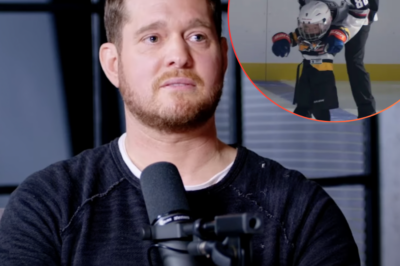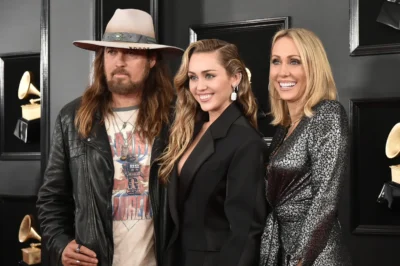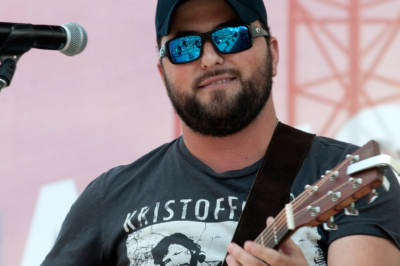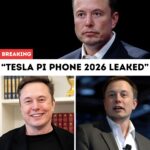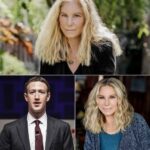Samsung is in dire need of this boost.
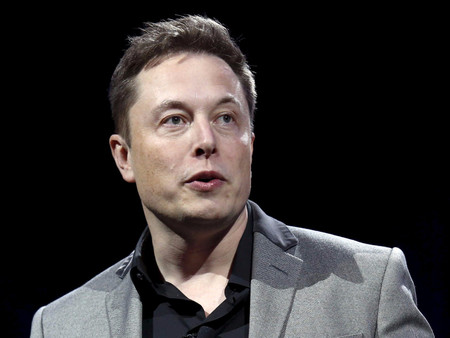
As reported, Tesla boss Elon Musk has just awarded Samsung Electronics a $16.5 billion contract over eight years to produce the next generation of custom AI chips for the electric car company. This is the largest deal the Korean conglomerate has ever signed with a single customer.
Samsung is in dire need of this boost. The company has disappointed for several quarters in a row, reminiscent of the “Sony shock” of the early 21st century. Samsung has fallen behind in high-bandwidth memory (HBM), a technology used by Nvidia and others to improve AI performance, leaving the field to domestic rival SK Hynix. Samsung’s foundry business is now “in the rearview mirror” of rival TSMC. Specifically, according to TrendForce data, TSMC has a 67.6% market share, far surpassing Samsung’s 7.7%.
The chip industry relies on a virtuous cycle: more customers, higher product quality, higher profits, more reinvestment, and so on. Unfortunately, Samsung’s foundry business is currently going in the opposite direction.
In particular, Samsung’s new Texas factory — one of the beneficiaries of former President Joe Biden’s Chip and Science Act — is at risk of becoming a “white elephant.” Investors, who had already pushed Samsung’s stock up by nearly a third this year on hopes of a recovery, added another 6.4% to the price on news of the Tesla deal.
But that seems a little premature. For an industry known for its big numbers, the eight-year deal is actually quite small: $2 billion a year on average, while Samsung is expected to generate $230 billion in revenue this year, according to S&P Capital IQ—that’s about three days of sales.
Next, it’s likely that Musk, who is limited to a small number of suppliers, is trying to keep them “on their toes.” Tesla had contracted TSMC to produce the previous generation of chips; the AI4 line was previously manufactured by Samsung. While the terms of the contract are not known, Tesla likely negotiated a good price. Samsung certainly has an incentive to offer attractive terms to take advantage of its factory with a lot of spare capacity. TSMC, meanwhile, is busier and has less reason to offer similar discounts.
In fact, even if it is not a “big profit” deal, Tesla still brings many other benefits: An “A-class brand” helps the factory attract more big customers, and a part of “management consulting” when Musk is expected to personally support optimizing production efficiency.
But the deal alone won’t be enough to revive Samsung. Its other businesses, like smartphones, are under pressure of their own. Its recent surge in share price, which is slightly above the broader index (in which Samsung is a heavyweight), has put its projected price-to-earnings ratio ahead of most of its rivals next year. Only by catching up to its rivals’ technology and winning back its big customers can Samsung get back on track.
News
Ella Langley Just Accomplished Something No Other Solo Female Country Artist Has in This Decade
Ella Langley has added another entry to the record books. The country singer’s track “Choosin’ Texas” has been collecting records…
Blake Shelton and John Legend’s Christmas party was chaotic. And the Christmas tree wearing a tattered cowboy hat was the highlight!
Blake Shelton’s Christmas Tree Topper Had John Legend Frazzled: “What Is This?” If only The Oddest Couple, starring The Voice Coaches, became a…
MICHAEL Buble has given fans a rare glimpse into his home life following his shock departure from The Voice.
Michael Buble gives rare glimpse into his home life as he releases surprise documentary after leaving The Voice The singer, 50, stepped…
The lawsuit involving a woman claiming to be Miley Cyrus’s mother has become even more outrageous after she decided to reveal the truth about the story.
Woman Who Claims To Be The Mother Of Miley Cyrus Reveals Why She Chose That Name…Except Miley Isn’t Actually Her…
The country singer admitted that he not only swam naked in Jason Aldean’s pool but also urinated in it.
Country music star admits he went skinny dipping and peed in Jason Aldean’s pool Country music singer Tyler Farr revealed…
John Daly Pens Heartfelt Message After Narrow Defeat Against Matt Kuchar & His Son at the PNC
Team Daly once again turned heads at the PNC Championship. And it wasn’t just with their shots, but their twinning…
End of content
No more pages to load



